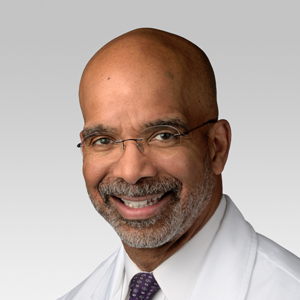Quick Dose: The Effects of Napping on Your Health
Getting Enough Sleep Is Key
Published November 2022
Naps are often encouraged for children, but they are good for adults too. Sleep is an important part of health. For many people, naps can be a way to refresh and recharge. While many adults don't need to nap, napping provides positive health benefits, such as:
- More energy. During sleep, your brain function is restored, leading to increased energy and alertness.
- Positive impacts on weight management. When you're sleep deprived, your appetite and calorie intake often increase. Getting enough sleep can help prevent that.
- Better immunity. When you sleep, your body is still active. Sleep will boost your immune system so you can fight infections better. You also respond to vaccines better when you get enough sleep.
- Better memory. Even a 15-minute afternoon nap will enable recall of tasks and lessons learned during the day.
Sleep is especially important for your heart. When you don't sleep well, your body continues to make hormones that can raise your blood pressure and negatively impact your metabolism. You are also more likely to be predisposed to diabetes when you aren't getting enough sleep.
The length of naps can vary, and you don't have to sleep for a certain amount of time for it to be effective. Even napping for eight to 10 minutes may be associated with a decrease in blood pressure. If you nap longer, you can get into a slow wave sleep, also known as a deep sleep, which is the healthiest type of sleep there is. In deep sleep, your stress hormones reach a low level and you're able to relax.
When you need some extra shut-eye, taking naps is helpful and good for you. It may be considered as part of what you need for better health.
– Clyde W. Yancy, MD, Chief of Cardiology, Northwestern Memorial Hospital






